Within the lush world of indoor greenery, hanging plants may be one of the coolest options for outfitting your home. Their cascading trails add so much life to a room, all without taking up any significant square footage. The suspended beauties create a serene, bohemian touch that could even help purify the air. But what are the best indoor hanging plants?
For that, we turn to a seasoned expert with a truly green thumb, Lisa Muñoz. The founder of New York-based plant design company Leaf and June and author of the newly released House Planted graciously shared not only her favorite hanging plants but offered advice on exactly how to keep them alive.
Before we dive in, a few primers on Muñoz’s plant picks.
Feature image of Cassie Courtney by Riley Reed.

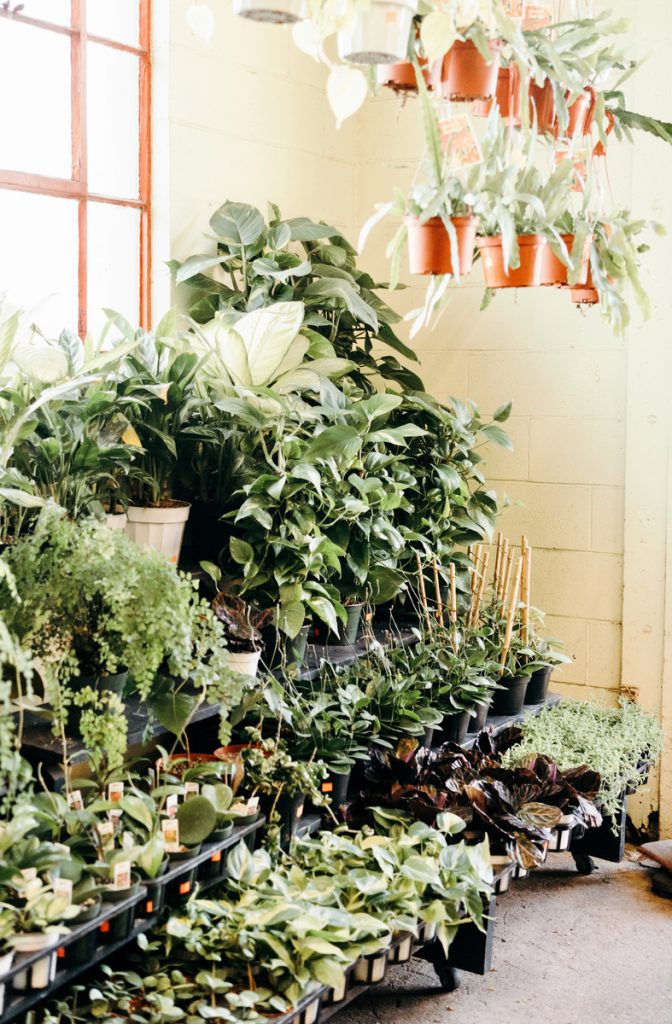
What makes house plants suited to the indoors?
Most popular house plants (including Muñoz’s favorites below) don’t require direct sunlight, so they acclimate well to the indoors. “Many of these are also found in more humid climates or growing up the trunks of trees,” Muñoz says. “While you want to try to mimic their natural habitat, these particular options respond well to being indoors and therefore make excellent houseplants.”
How House Plants Help Purify the Air
Thanks to the magic of photosynthesis, plants turn carbon dioxide into fresh oxygen, and may even be able to help remove toxins like formaldehyde from the air inside your home. Better yet: house plants can make you feel happier. “Beyond purifying the air, they help provide a sense of calm, boost your mood, and increase focus which is particularly helpful in the home or workplace,” Muñoz adds.

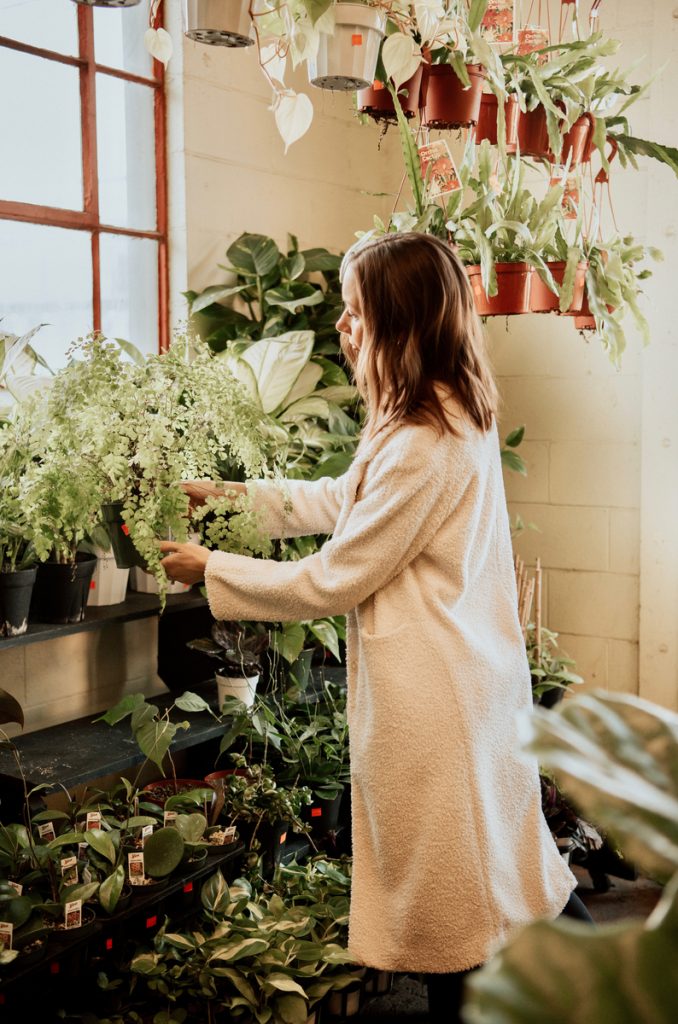
The Best Food for Indoor Plants
Consider plant food like daily vitamins for your green friends. We don’t necessarily need them to live a long, healthy life, but they’re a nice boost to help us thrive.
“Plants that have been in the same pot for a very long time benefit from the extra nutrient boost, whether that’s in the form of a chemical or organic fertilizer or even a fresh top dressing of potting soil,” Muñoz explains. “As long as plant food is administered in moderation, your plant will continue to push out new growth.”
For more green-thumbed insights, shop Muñoz’s book, House Planted.

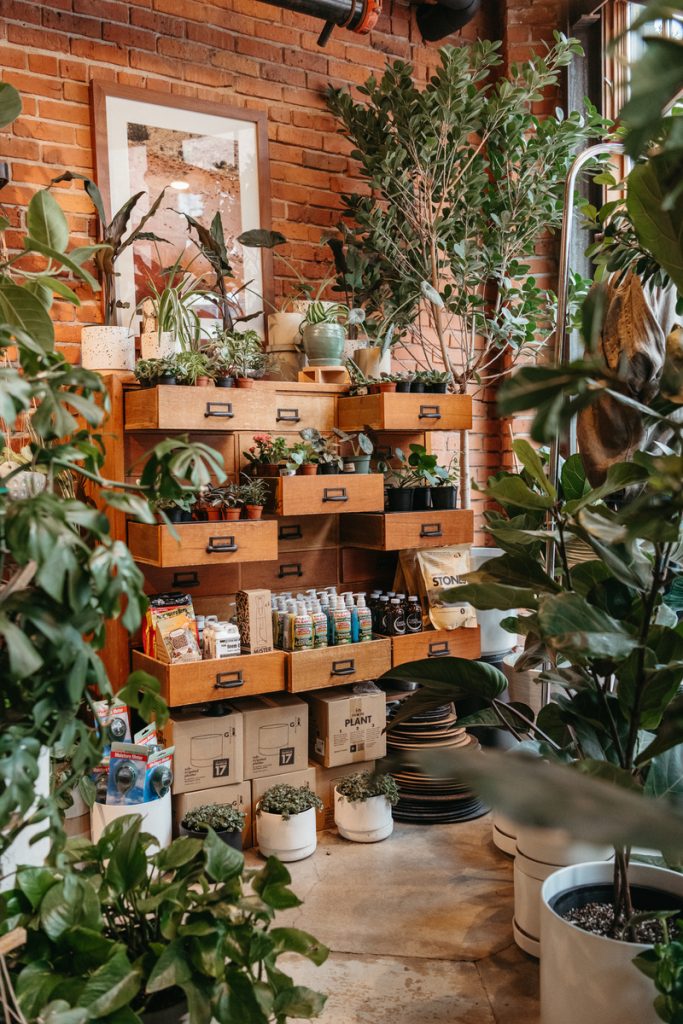
12 Best Indoor Hanging Plants for Any Space
Hoya Publicalyx
Not to be confused with Hoya carnosa (we’ll touch on that one later), the fast-growing vine plant’s deep green leaves often beautifully spill over the side of its planter.
How to Care for It: Bright indirect light is best though they are tolerant of medium light conditions. They are drought tolerant and only like to be watered when the top one to two inches of soil are dry. They also produce clusters of waxy flowers that are truly magnificent.
Monstera Adansonii
Commonly known as the Swiss cheese plant, the fast-growing greenery likes to climb or trail, making it perfect for hanging.
How to Care for It: Bright indirect light is best, although they are tolerant of medium light conditions. Allow soil to become mostly dry in between waterings. They also benefit from watering with distilled or filtered water, but it’s not a requirement to keeping them happy.

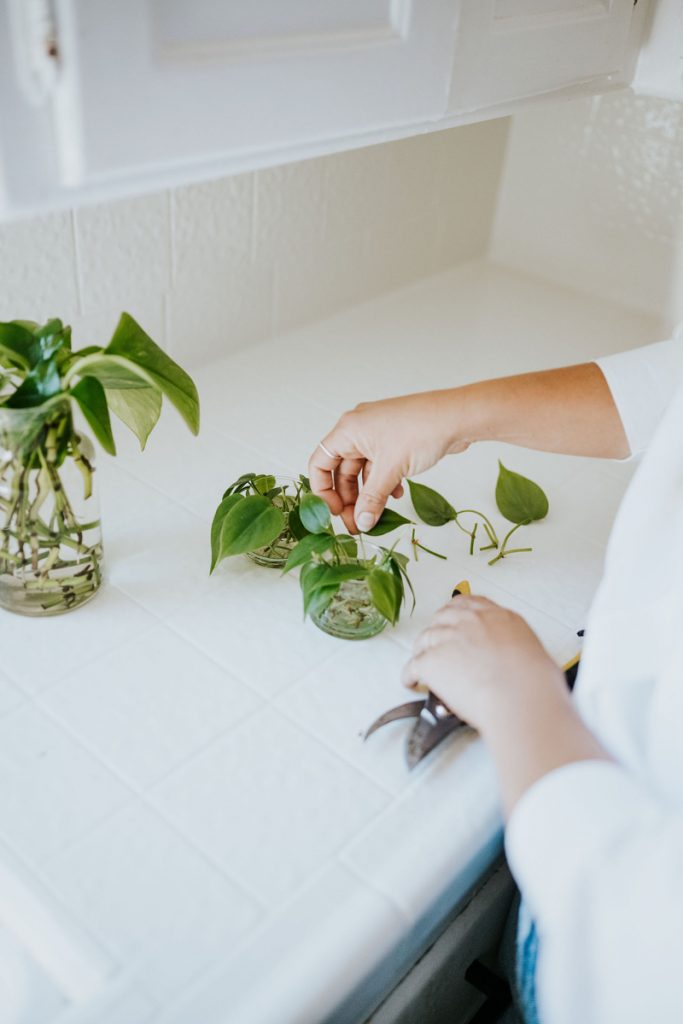
Heartleaf Philodendron
This evergreen cutie with glossy leaves is super easy to care for and grow. Naturally, it’s in the popular crowd.
How to Care for It: Medium to bright indirect light is ideal. They can acclimate to lower light conditions but may not thrive. For best results, medium to bright indirect is preferred. They’re fast growers making it easy to prune as you wish. Bonus: Pruning encourages new growth.
Golden Pothos
Also referred to as “devil’s ivy,” pothos is notoriously hard to kill. Hang it up high and let its eye-catching foliage cascade down.
How to Care for It: Medium to bright indirect light is ideal. They can acclimate to lower light conditions but may not thrive. They’re fast growers and are low maintenance as long as you can avoid cold, drafty windows in the colder months.

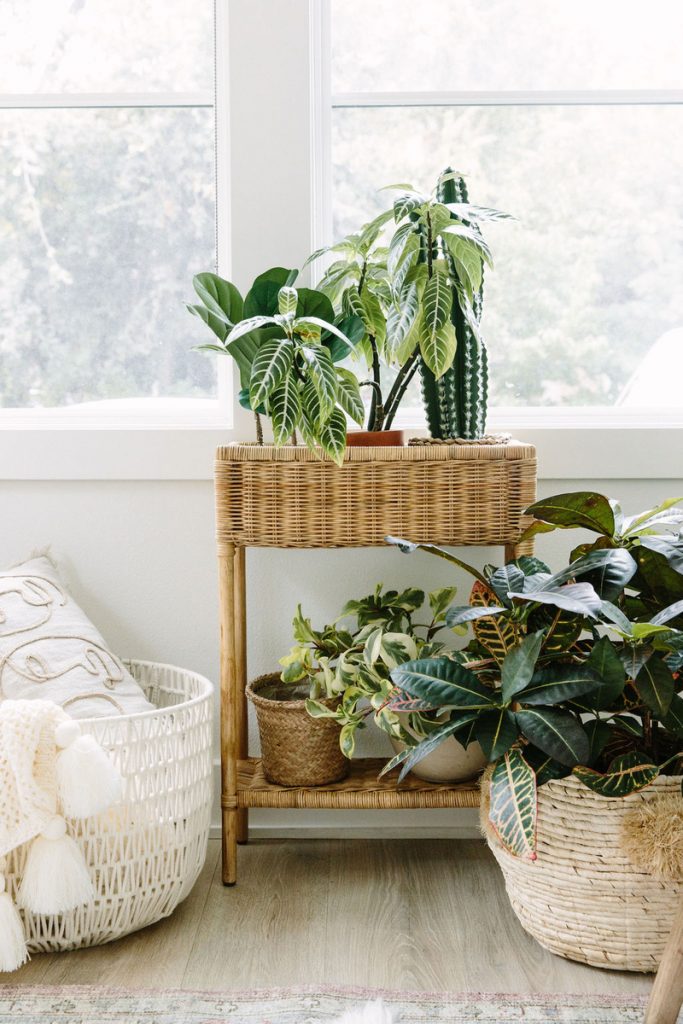
Philodendron Micans
With their deep green, velvety leaves and hearty disposition, the plant makes a groovy addition to any corner.
How to Care for It: These also do well in a range of light conditions from low to bright indirect light. Fully saturate soil when the top two inches of soil are dry. As they are fast growers, prune as you’d like to encourage new growth at the top.
Satin Pothos
Much like its golden relative, satin pothos is incredibly easy to grow. The lovely velvety texture of its leaves earns the plant its name.
How to Care for It: This plant acclimates well to a range of light conditions. Fully saturate soil when the top two inches of soil are dry. Leaves curling are typically an indication that it’s thirsty though they unfurl quickly once watered.

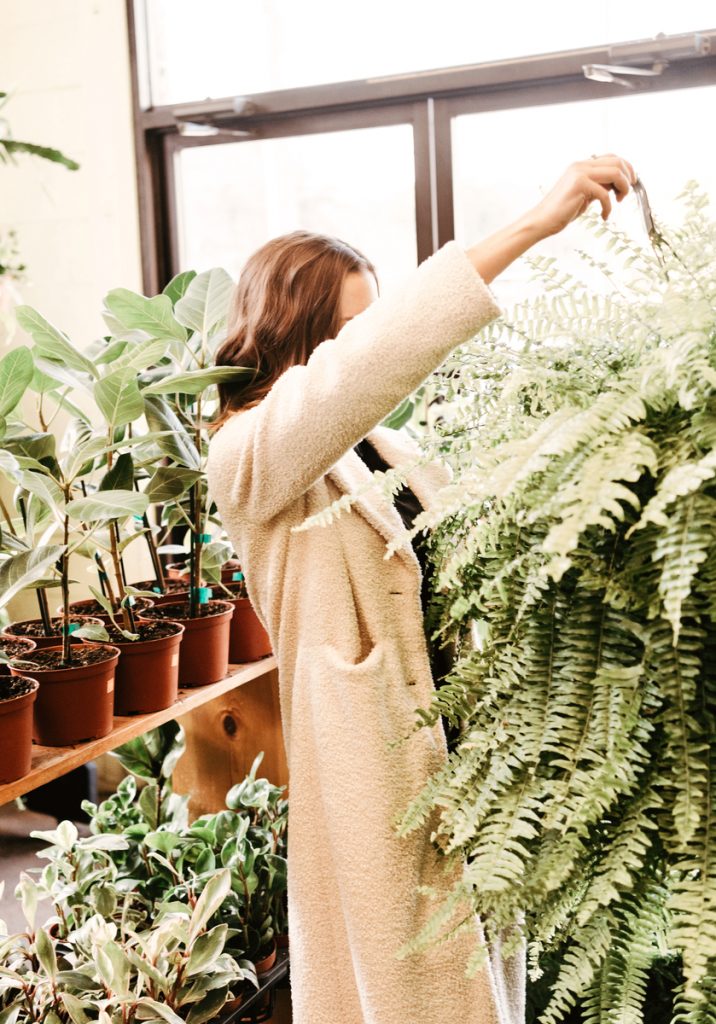
Fishbone Cactus
This funky little find likes to climb—stems initially grow upwards and then begin to cascade down. They may even occasionally bloom with soft pink flowers (though they don’t live for long).
How to Care for It: Bright indirect light is preferred though this plant can do well in slightly lower light conditions. Fully saturate the soil with each watering, allowing the top two inches of soil to dry out between waterings. They do enjoy humidity, although it’s not necessary for them to thrive.
Cissus Discolor
The large, beautiful leaves range from purple and silver to every shade of green. Let the vines grow long to enjoy a colorful show.
How to Care for It: Partial sun to light shade is ideal. This plant loves the heat and struggles if it’s exposed to cold temperatures in the winter months. Allow the soil to get fairly dry between waterings.
Philodendron Brazil
A vibrant version of the classic houseplant, this sturdy beauty can be trained to grow upwards using support, but its colorful leaves are naturally inclined to trail down.
How to Care for It: Medium to bright indirect light is ideal. They can acclimate to lower light conditions but may not thrive. For best results, medium to bright indirect is preferred. Like many philodendron varieties, they’re fast growers.

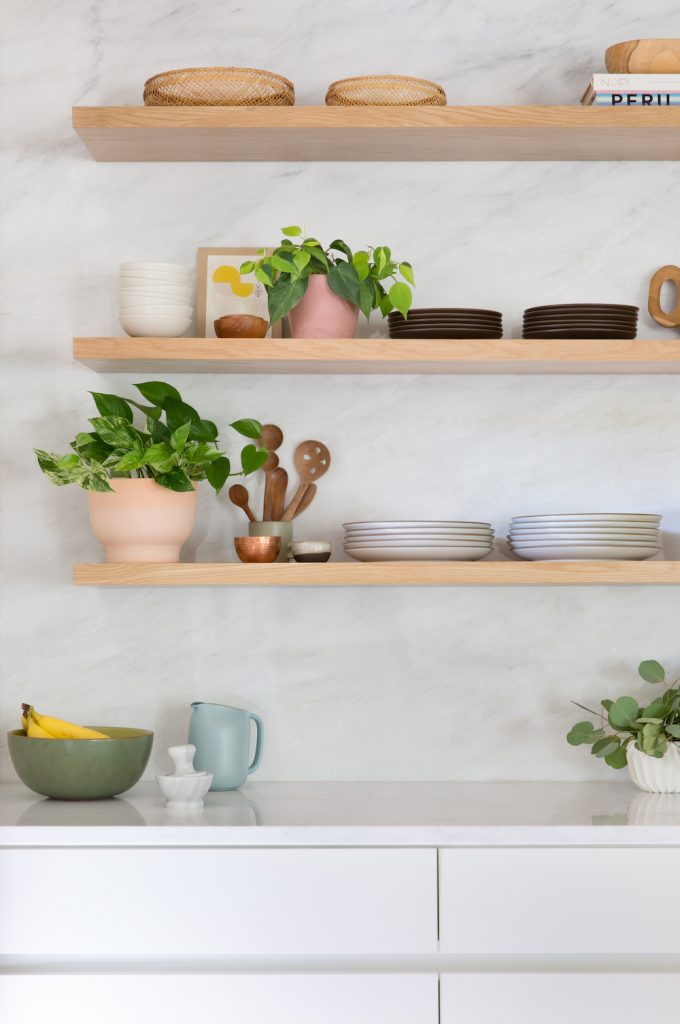
Red Mistletoe Cactus
When a simple green houseplant won’t do, this daring succulent commands attention.
How to Care for It: Partial sun is preferred but the more light they receive, the redder the foliage becomes. Be careful to avoid too much direct sunlight. Don’t be swayed by the cactus’ name. These like thorough and regular waterings when the soil is almost completely dry.
Hoya Carnosa Compacta
One of the most popular varieties of Hoyas, the verdant gem with trailing vines was practically built to be hung high and admired.
How to Care for It: Bright indirect, diffused light is best. They are drought tolerant and only like to be watered when the top one to two inches of soil are dry. These also produce clusters of waxy, subtly fragrant flowers.
String of Pearls
This elegant plant’s unique leaves would make an excellent addition to your bookshelf. Place it high and let the drama unfurl.
How to Care for It: These tend to need a little bit more attention and love. Bright, indirect light is ideal. Too much intense, direct sunlight will cause the pearls to dry out. Fully saturate the soil and be sure to allow it to dry out completely in between waterings.


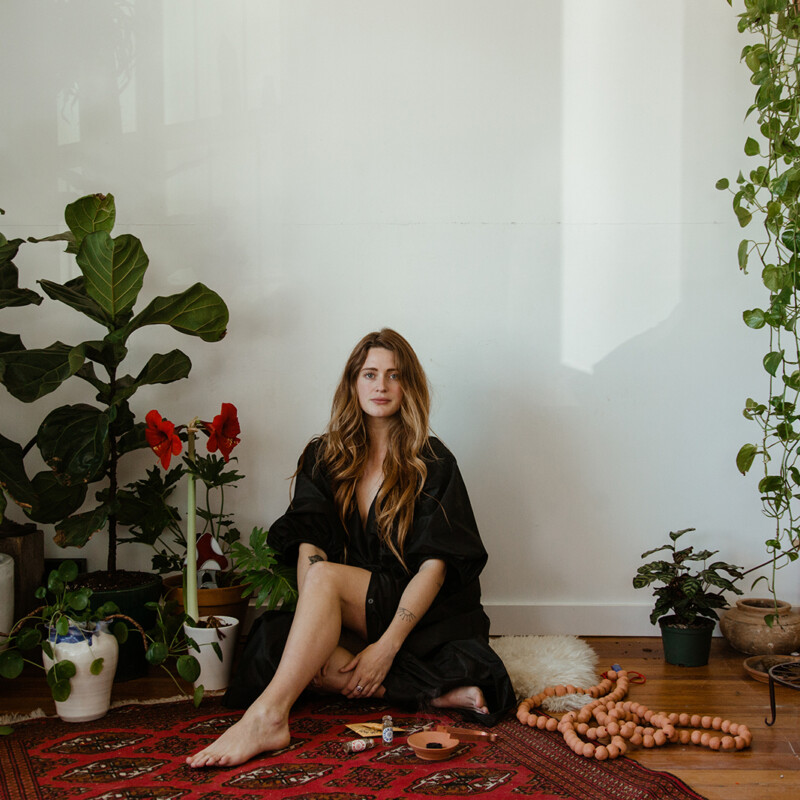
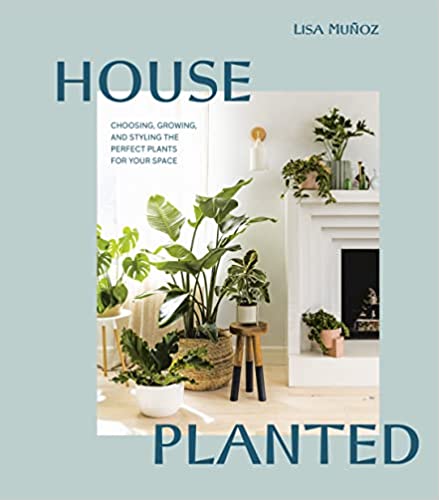
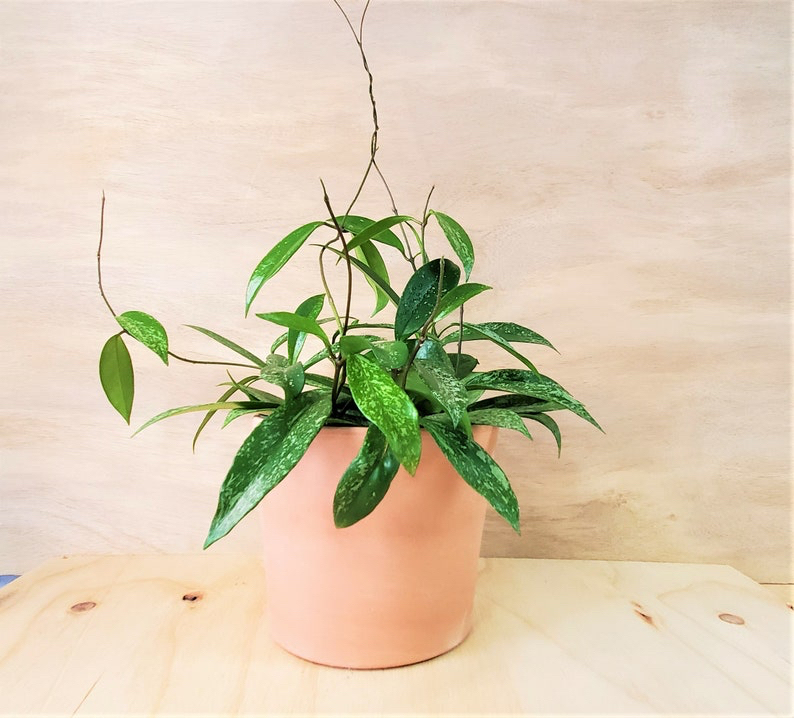
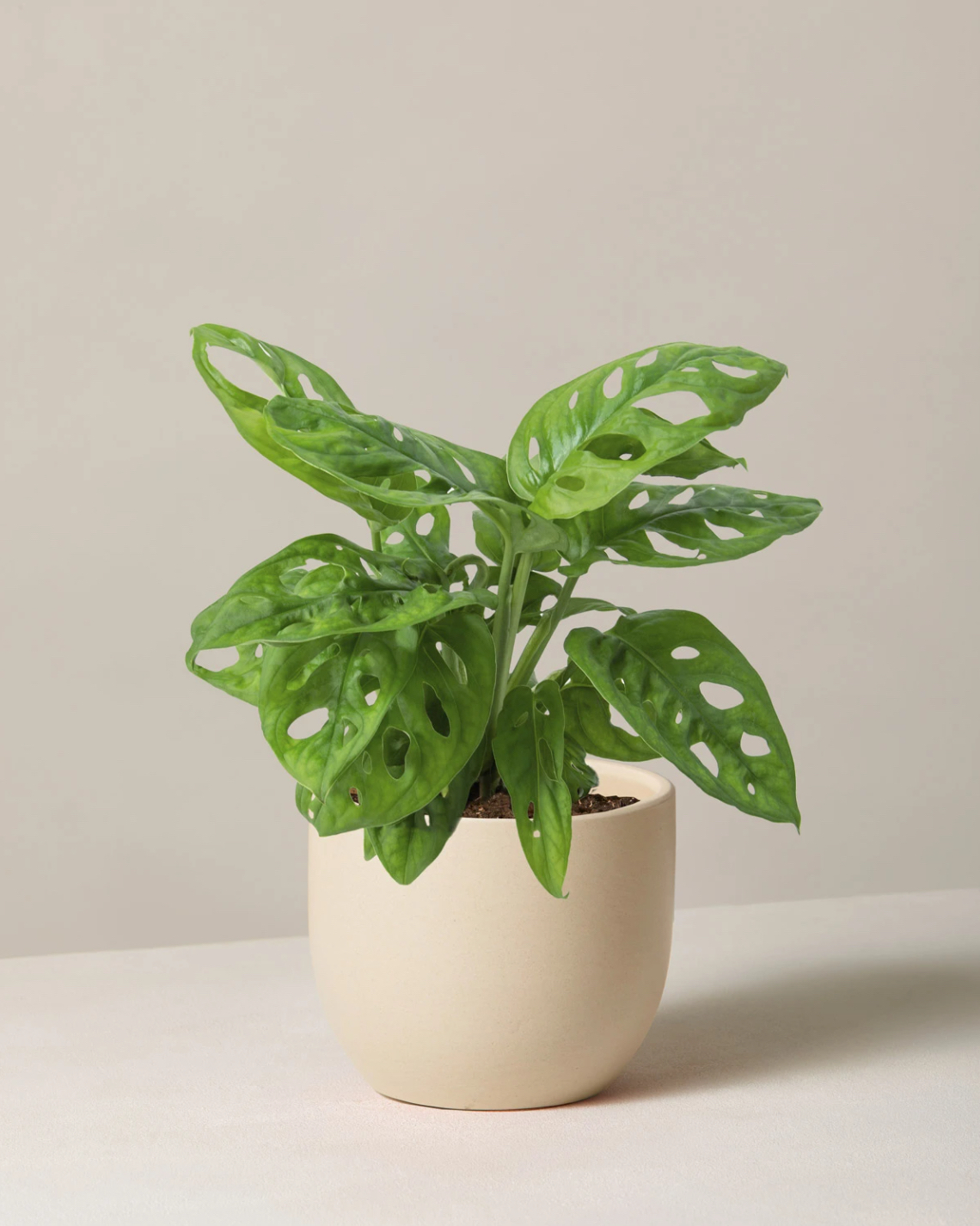
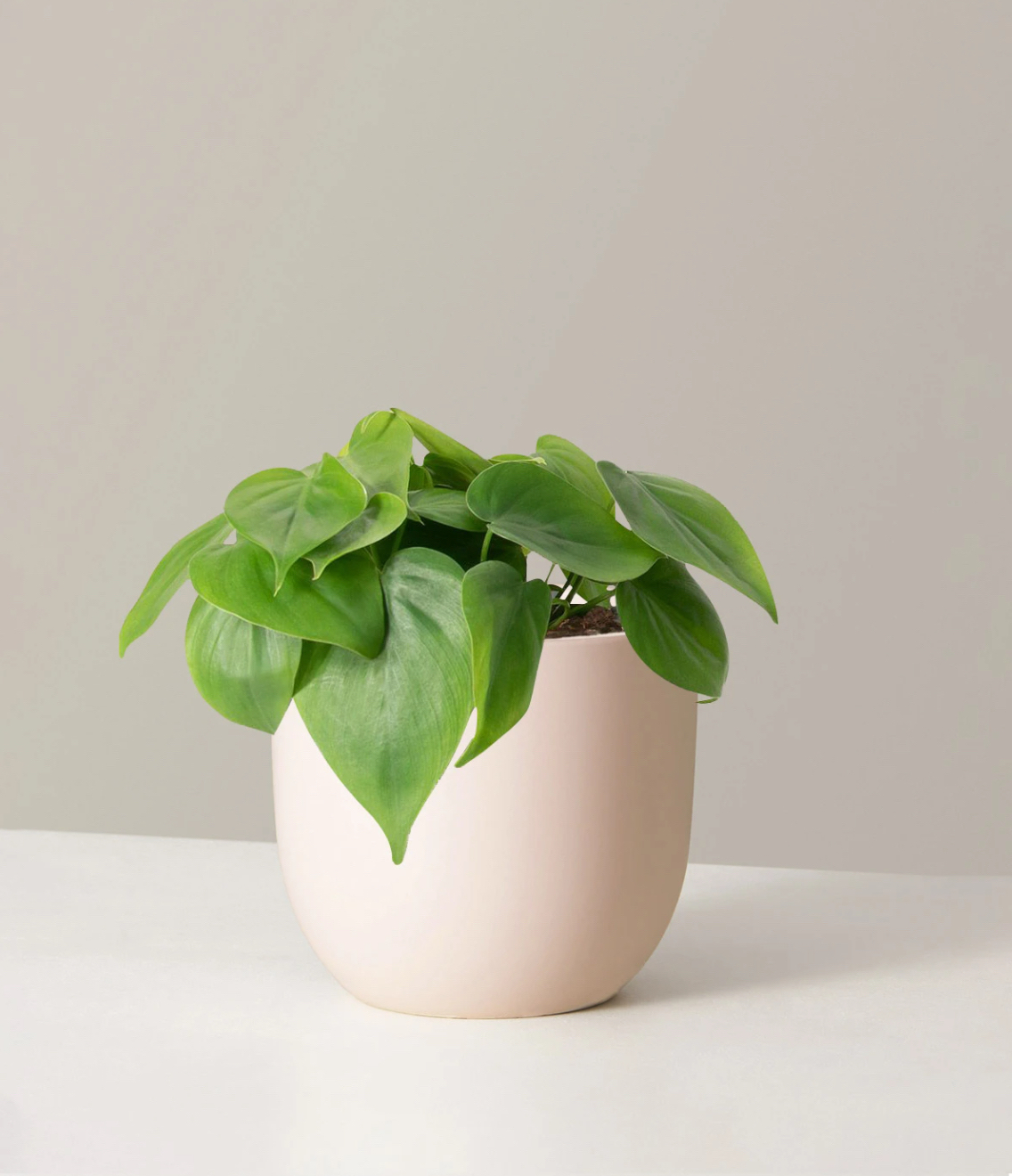
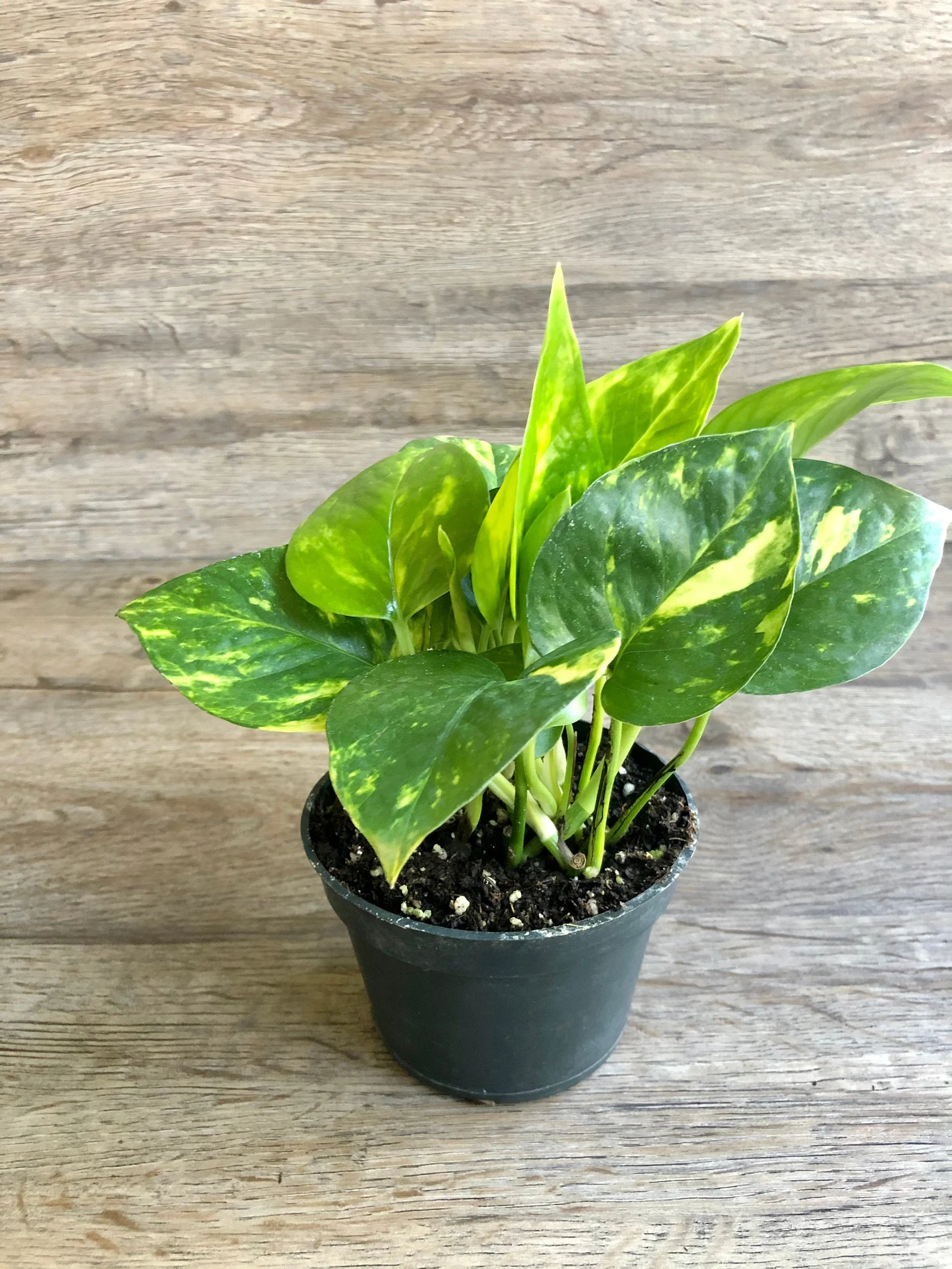
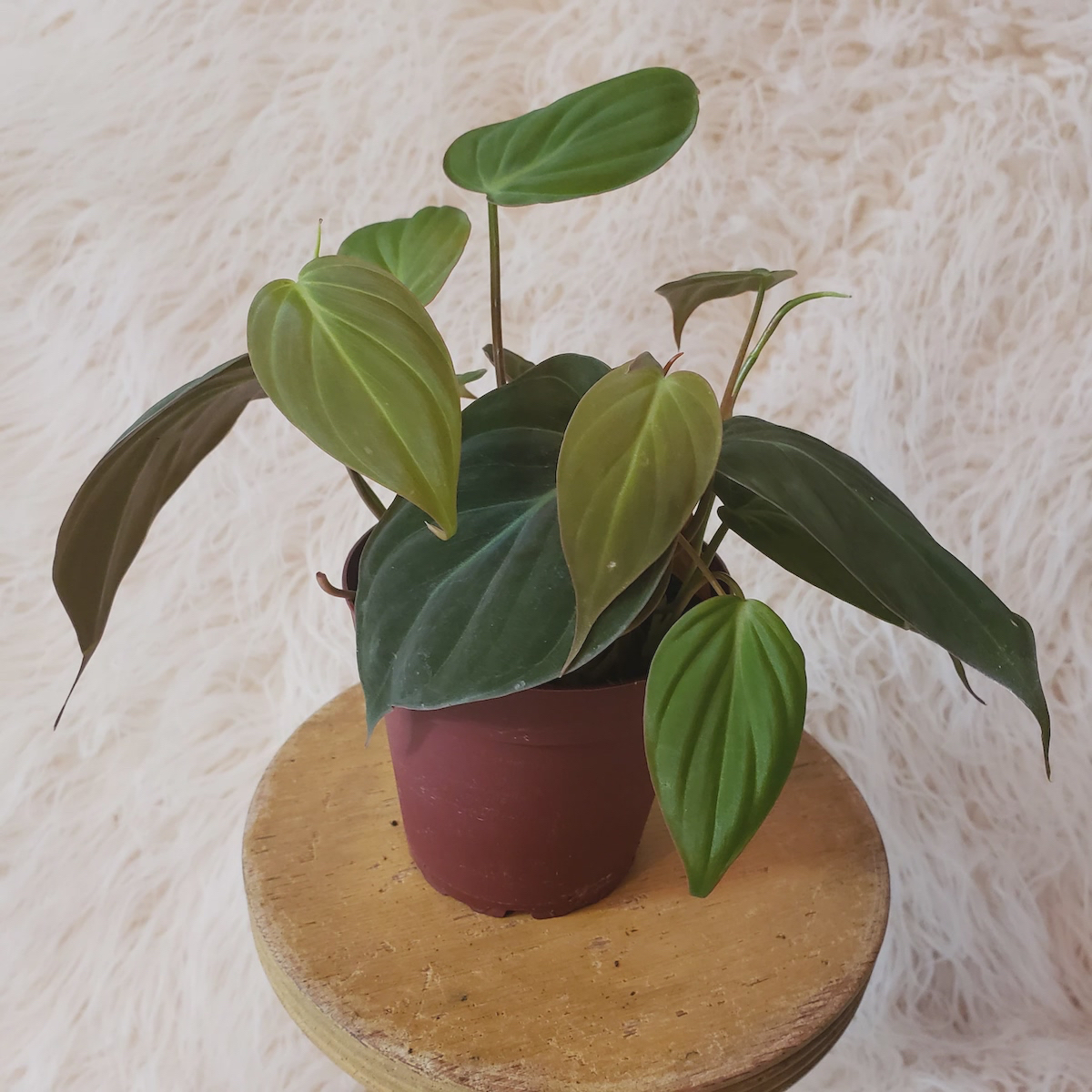
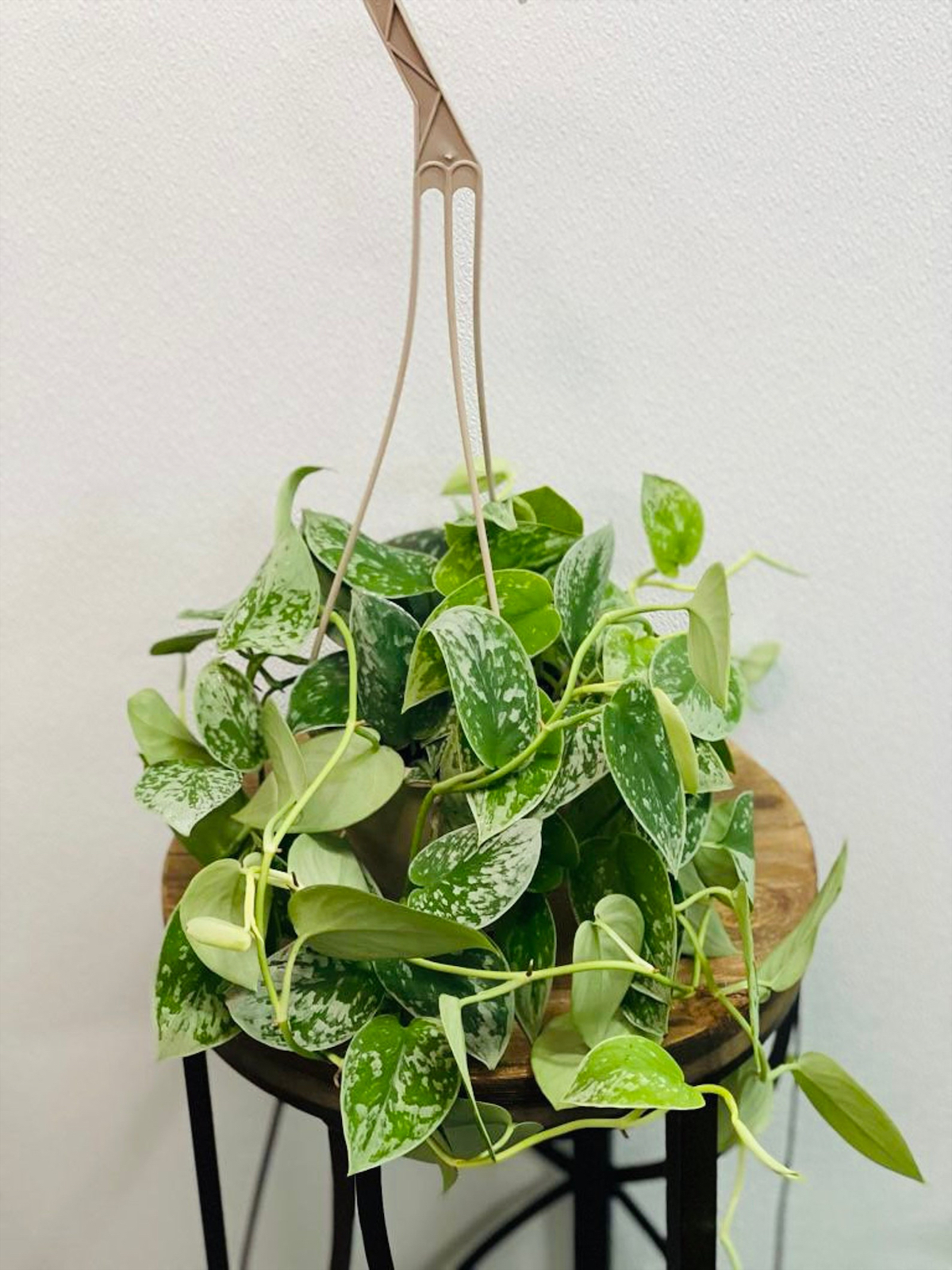
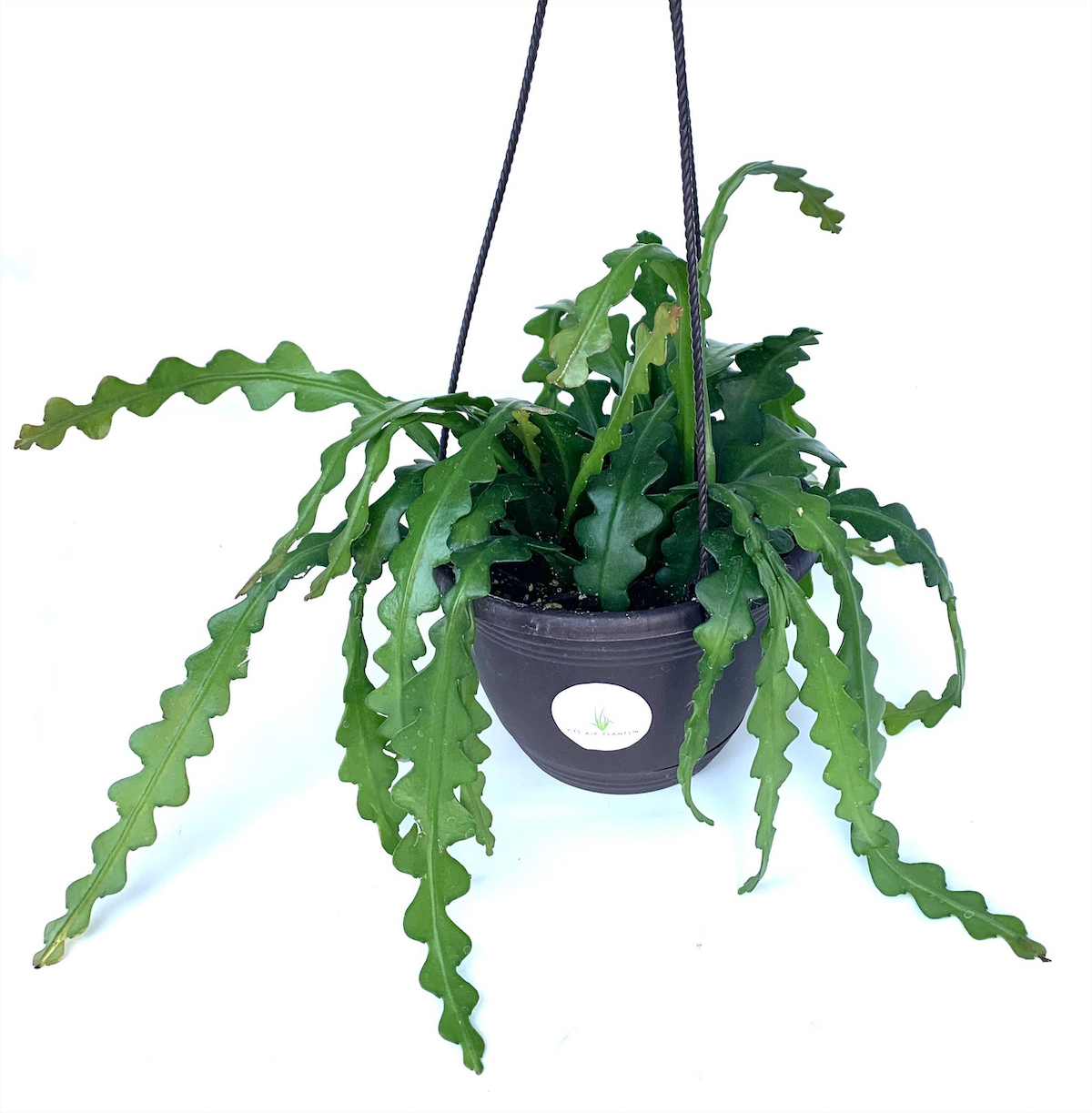
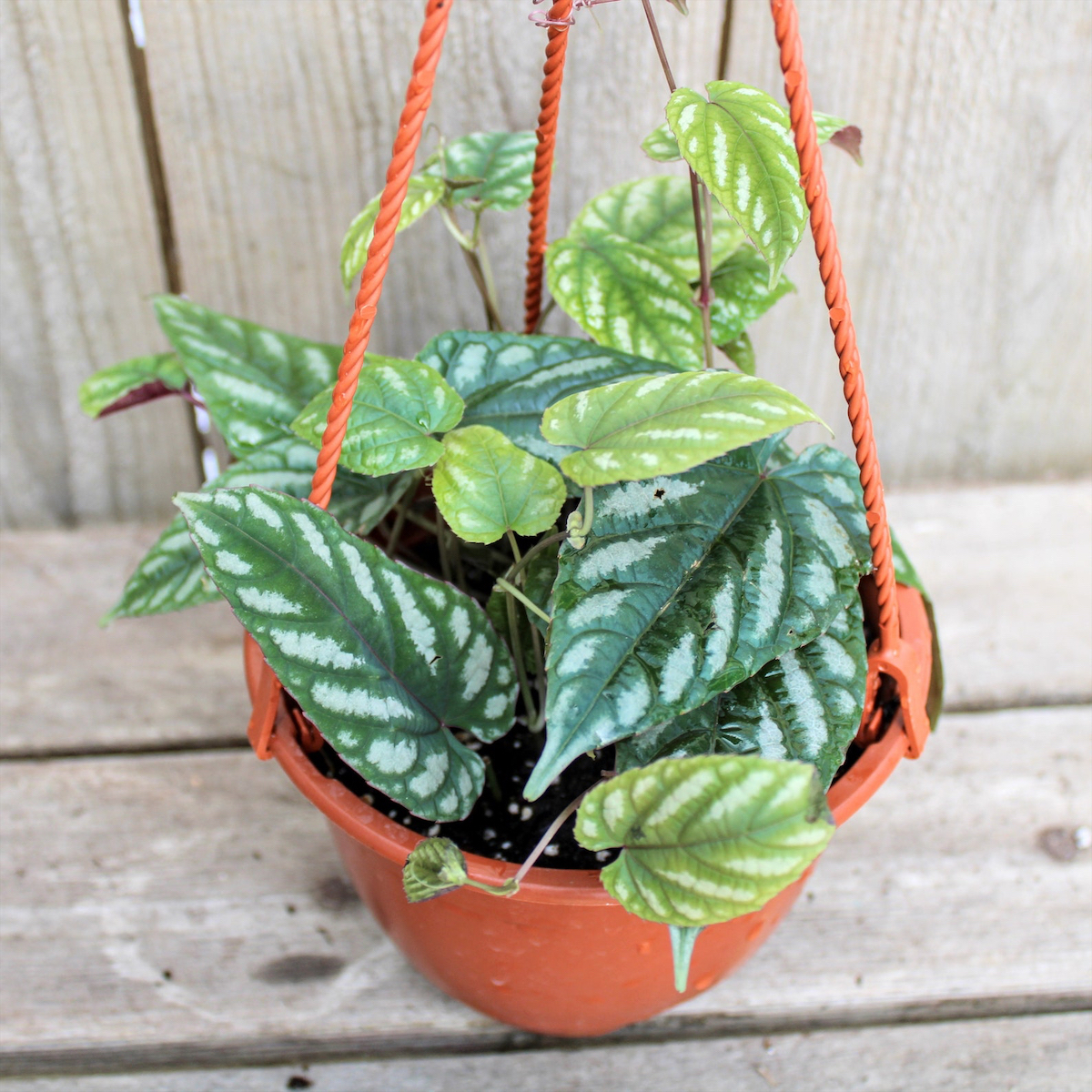
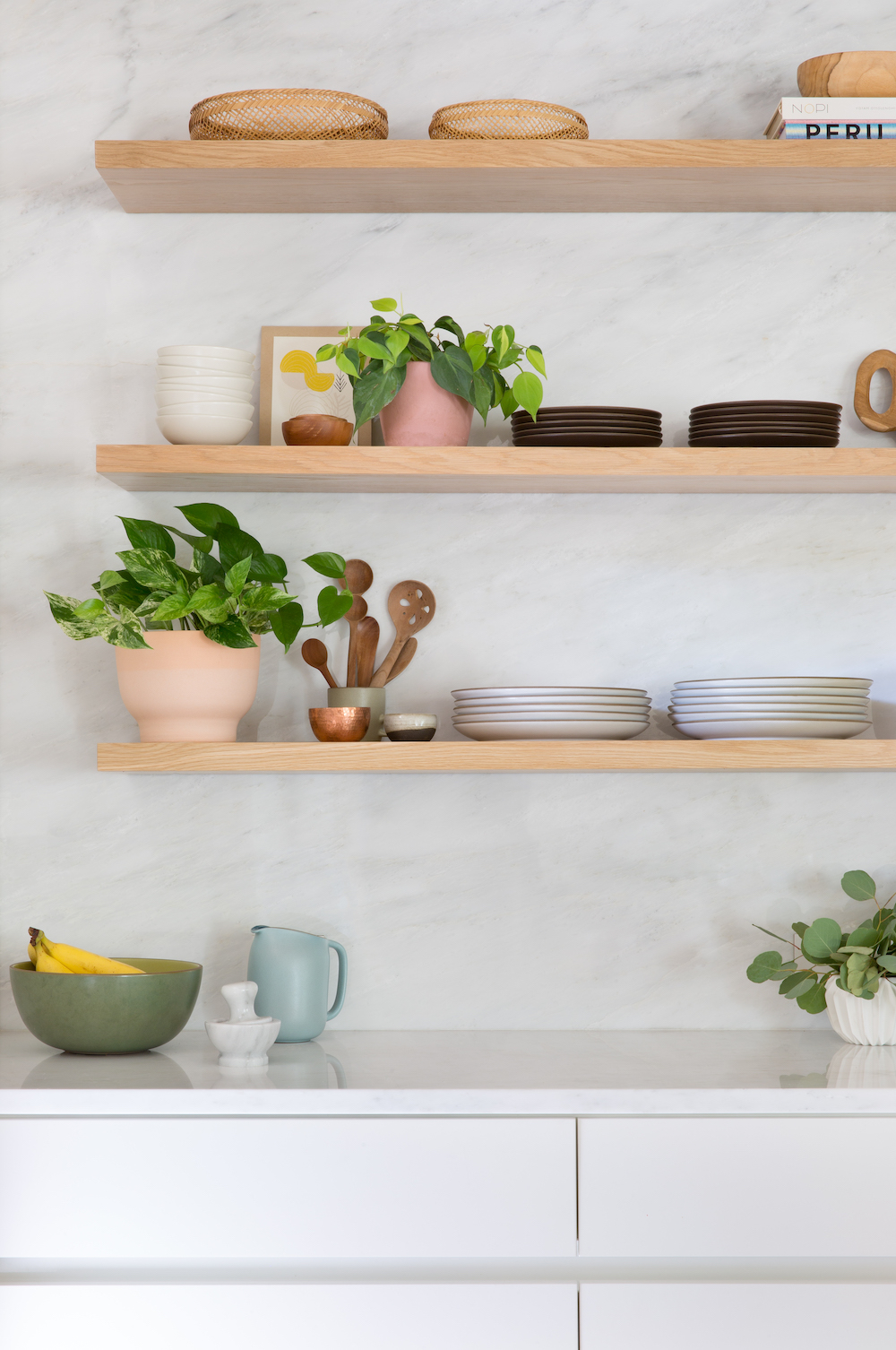
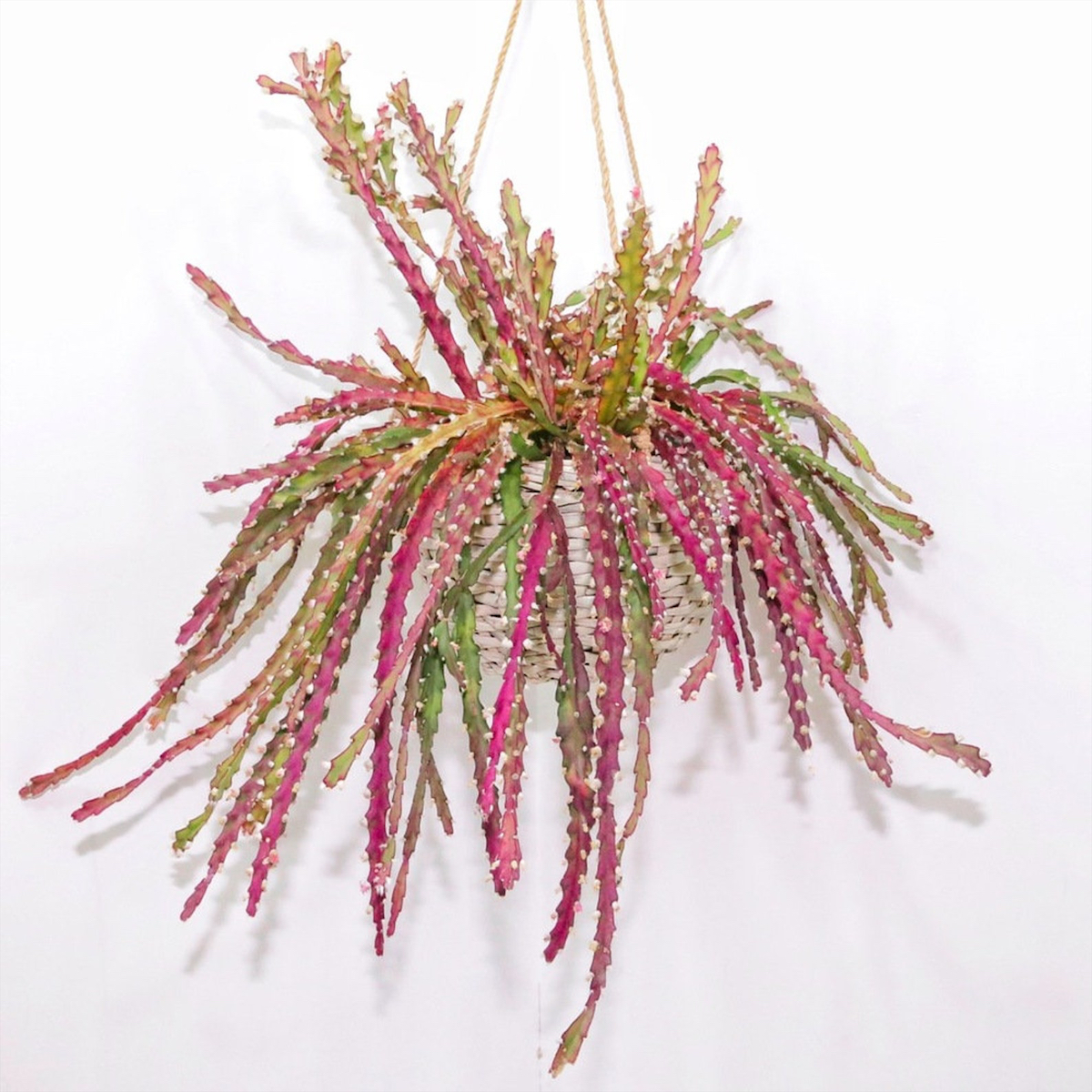
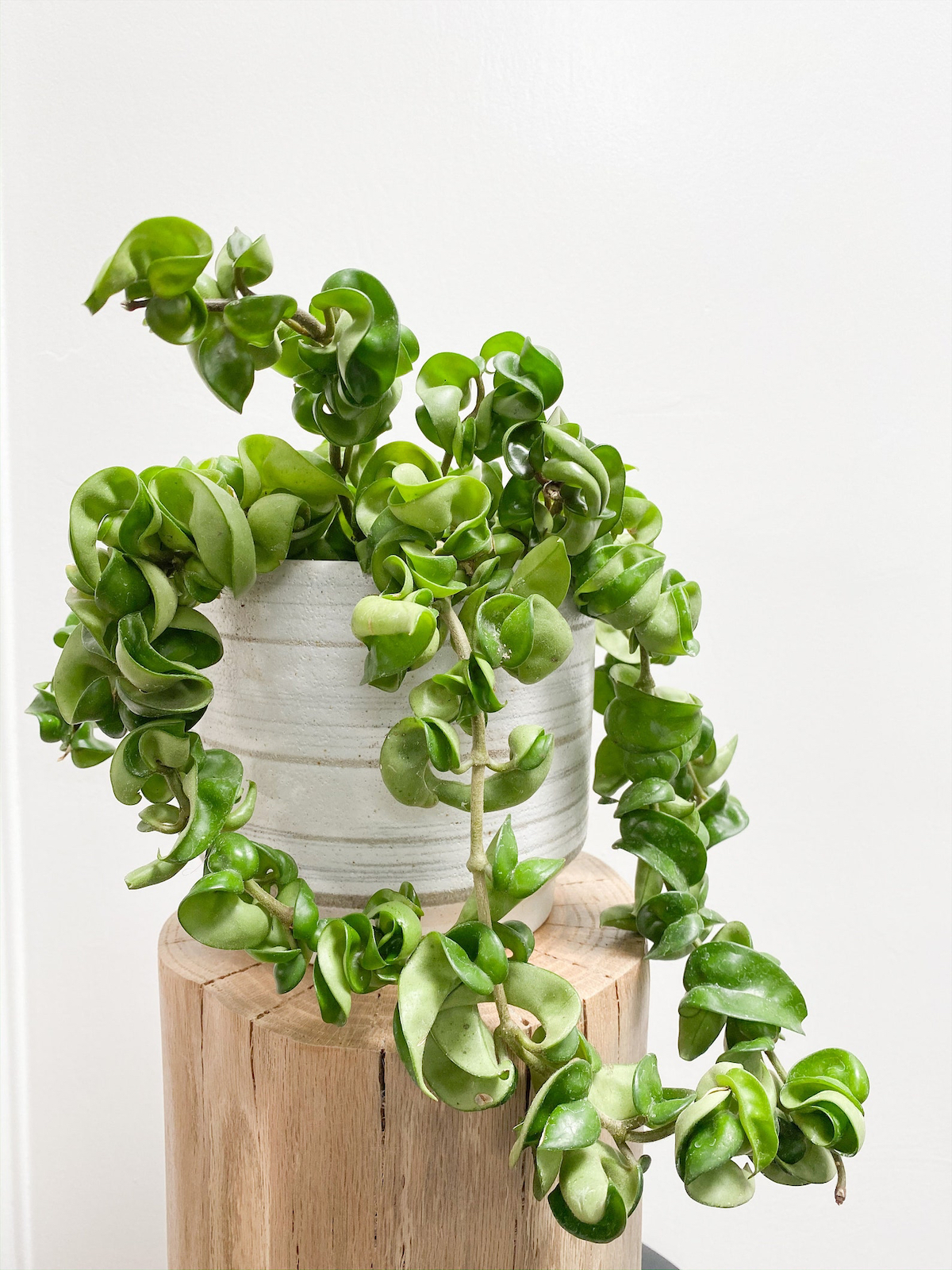
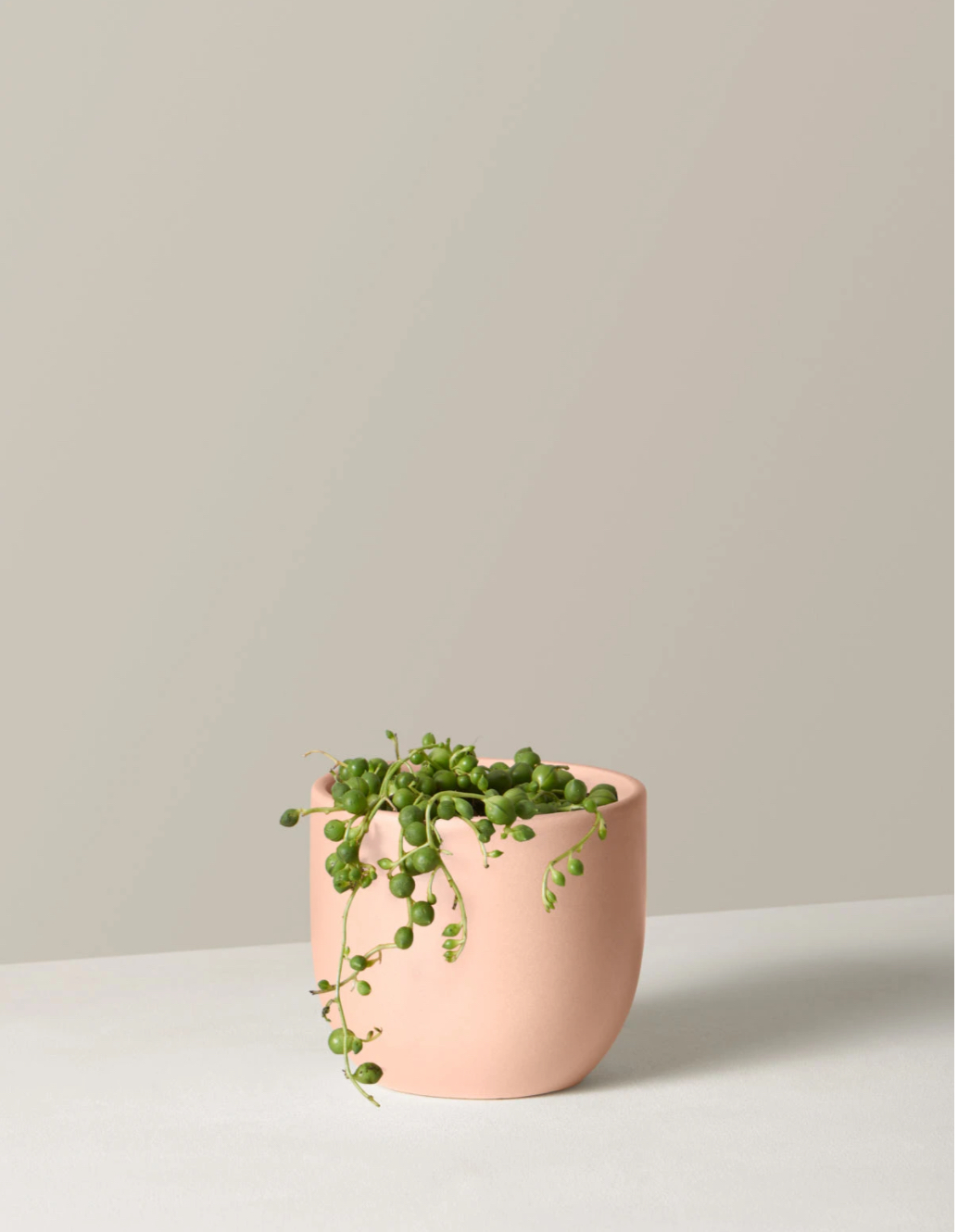




I love these plants. I ran out of room for the ones that I have. I like the idea of the ladder hanging from the ceiling. I have to try something new. ** Thank you.
Every plants in the Pic is nice and beautiful in my eyes. All of them I screen shots in my cp. So If I have time I search here so I can buy..
Lovely plants.
Thank you